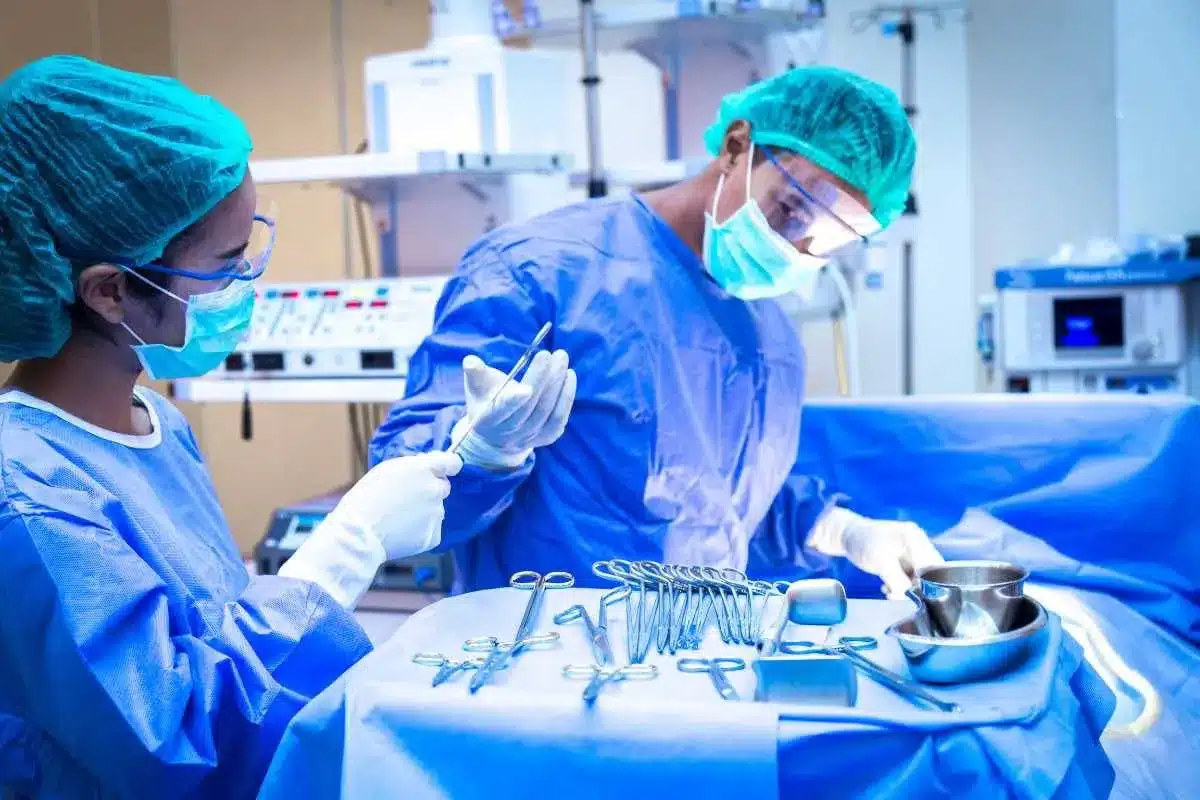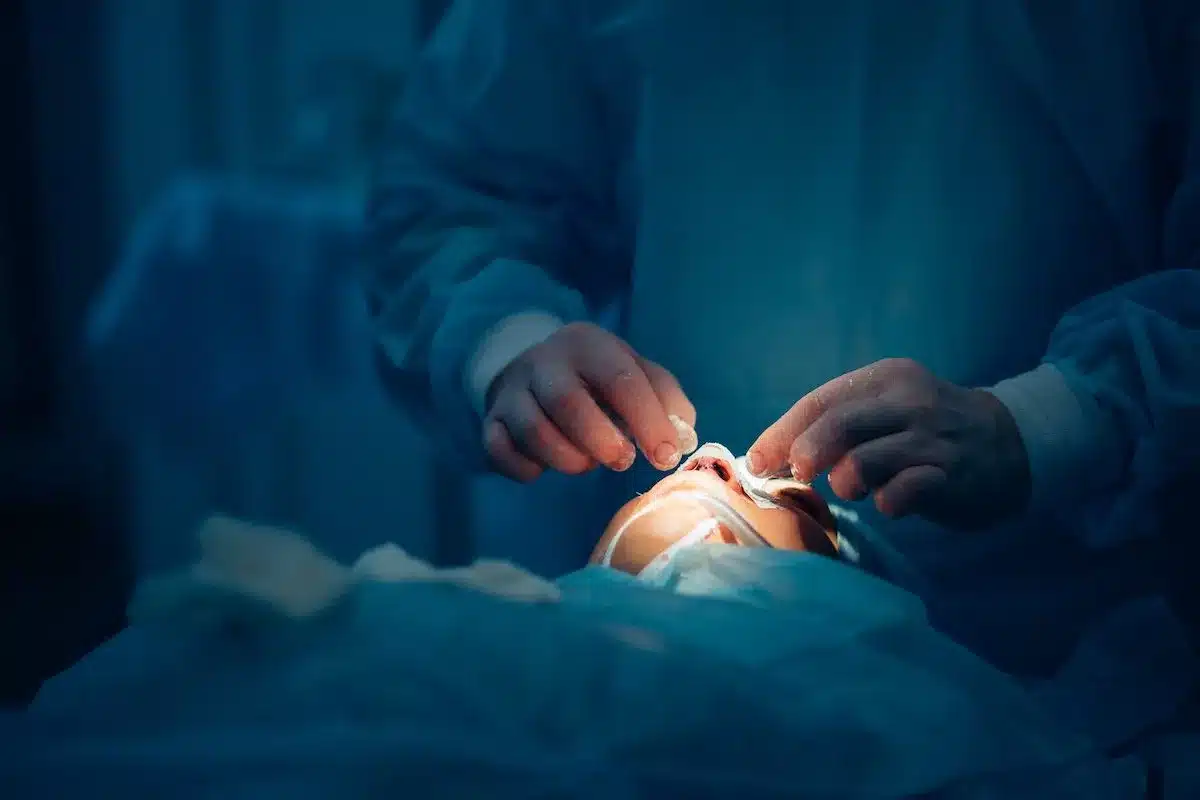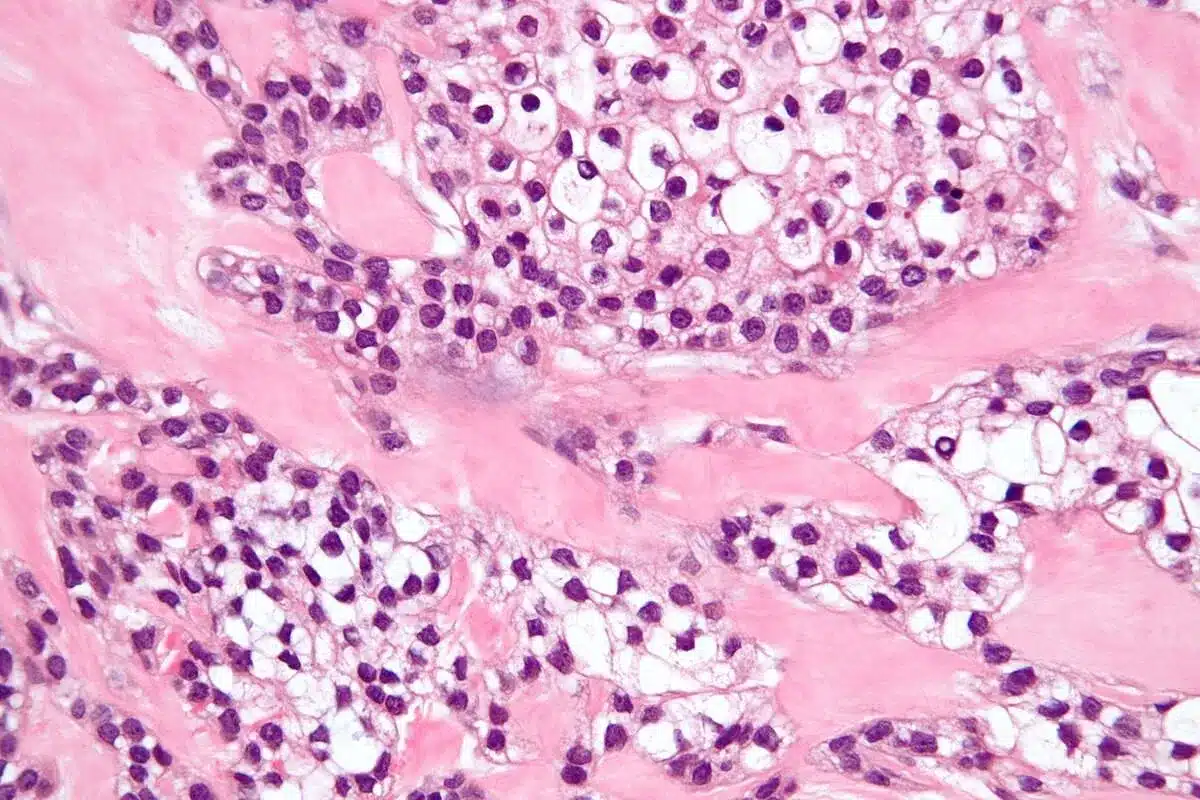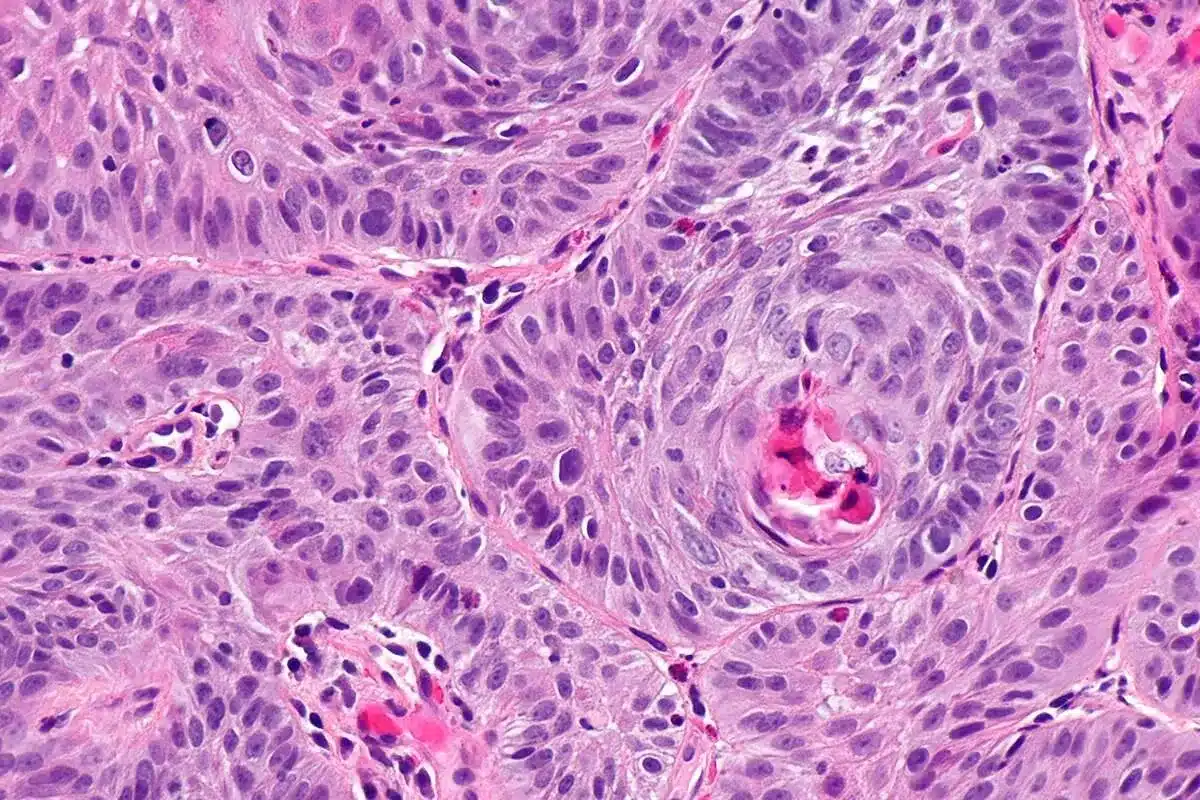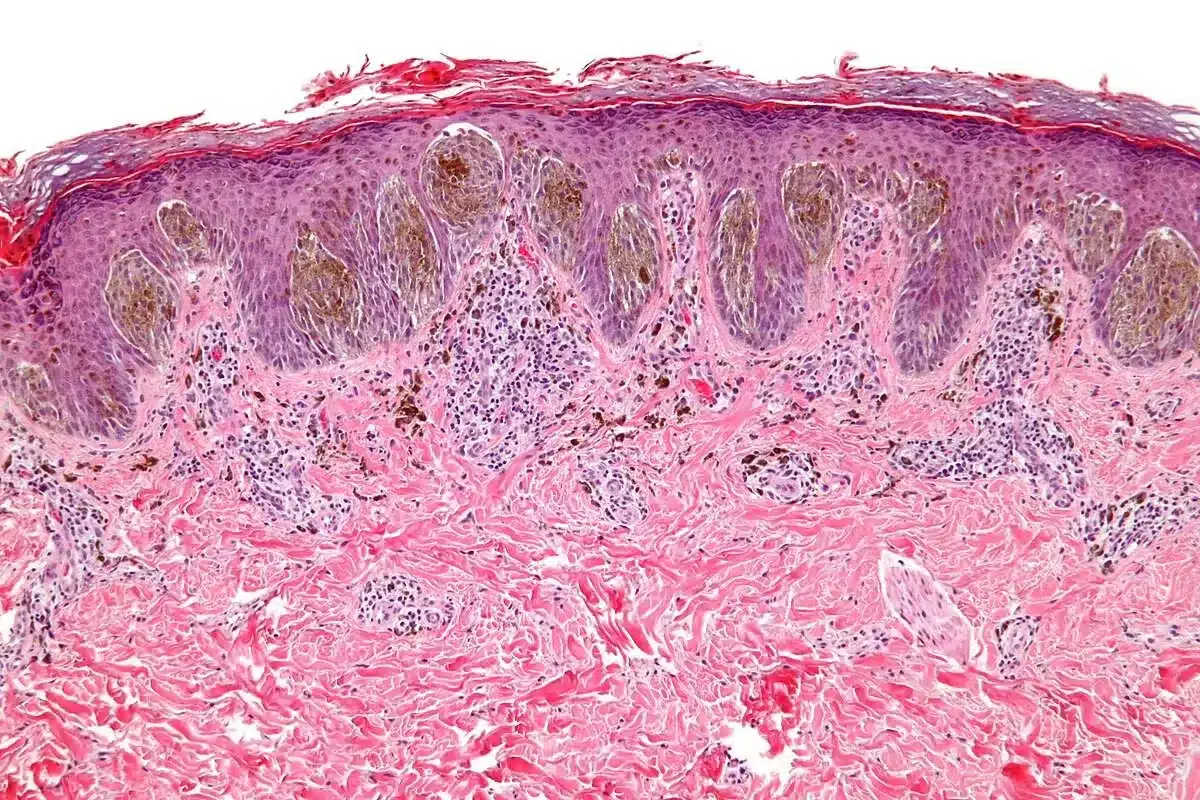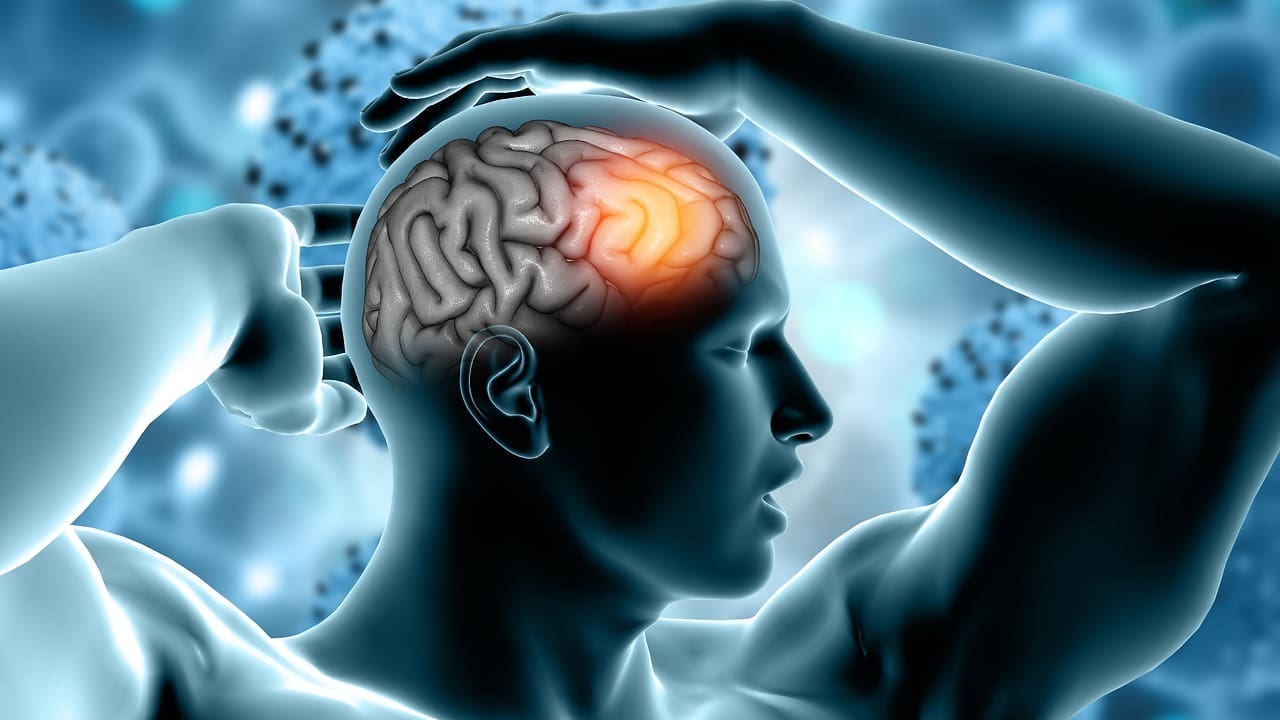
Unexplained headaches, memory issues, or sudden personality changes could signal a hidden condition within the brain. At Liv Hospital, we understand the importance of recognizing these symptoms early.
A lesion is defined as an area of abnormal or damaged tissue. This can happen due to injury, infection, disease, or other causes. When it comes to the brain, lesions refer to areas where tissue has been structurally altered or damaged.
Research shows that early detection and advanced imaging have improved diagnostic accuracy. This enables better management and outcomes. We help you recognize and address these concerns with confidence.
Key Takeaways
- Early detection is key for managing brain lesions effectively.
- Advanced imaging techniques improve diagnostic accuracy.
- Recognizing symptoms like headaches and memory issues is vital.
- Liv Hospital offers a patient-centered approach to addressing brain lesions.
- Understanding what a lesion is can help in identifying the condition.
What Is a Lesion? Understanding Basic Concepts
Lesions are changes in body tissue caused by injury, infection, or disease. Knowing about lesions helps doctors diagnose and treat many health issues.
Definition and Types of Lesions
A lesion is any damage or abnormal change in body tissue. They can be different types based on their cause and characteristics. The main types are:
| Type of Lesion | Description | Causes |
|---|---|---|
| Traumatic Lesions | Damage caused by physical injury | Accidents, falls, violence |
| Infectious Lesions | Lesions resulting from infections | Bacteria, viruses, fungi |
| Neoplastic Lesions | Abnormal tissue growths | Cancerous or benign tumors |
How Lesions Form in Body Tissues
Lesions form when normal tissue function is disrupted. This can happen due to physical trauma, infections, autoimmune diseases, or tumors. For example, in the brain, lesions can come from injuries, strokes, or multiple sclerosis.
Imaging like MRI is key in finding and understanding lesions. It helps doctors see how lesions affect brain function.
Research shows MRI is good at spotting lesions and seeing their effect on brain function. By knowing what causes lesions and how they form, doctors can create better treatment plans. This helps manage symptoms and improve patient outcomes.
Brain Lesions: Causes and Risk Factors
It’s important to know what causes brain lesions to treat them well. Lesions can come from injuries, blood problems, immune diseases, and infections. We’ll look at these causes to understand brain lesion risks better.
Traumatic Brain Injury and Physical Trauma
Traumatic brain injury (TBI) is a big reason for brain lesions. When the brain gets hurt, it can make lesions. The injury’s severity and where it happens can change the type of lesion.
Stroke and Vascular Problems
Stroke and blood issues also cause brain lesions. If blood flow to the brain stops, it can damage tissue and create lesions. The kind and where the stroke happens can shape the lesions.
Multiple Sclerosis and Autoimmune Conditions
Multiple sclerosis (MS) and other immune diseases can cause brain lesions. They lead to inflammation and damage to nerve fibers. In MS, the immune system attacks nerve coverings, causing lesions and symptoms.
Infections, Tumors, and Other Causes
Infections like encephalitis and tumors, both good and bad, can cause brain lesions. Other conditions, like genetic disorders and degenerative diseases, can also lead to lesions. Knowing these causes helps in diagnosing and treating them right.
How Brain Lesions Affect Different Brain Regions
It’s important to know how brain lesions affect different parts of the brain. This knowledge helps in diagnosing and treating these conditions. Brain lesions can cause a wide range of symptoms and affect how we think and act.
Frontal Lobe Lesions and Executive Function
Lesions in the frontal lobe can harm our ability to make decisions, plan, and solve problems. People with these lesions might act more impulsively or seem less interested in things. This can change their personality a lot.
Temporal Lobe Lesions and Memory
The temporal lobe is key for memory. Damage here can make it hard to remember new things or recall old ones. This can really affect someone’s daily life.
| Brain Region | Function | Effects of Lesions |
|---|---|---|
| Frontal Lobe | Executive Function, Motor Control | Changes in personality, impulsivity, motor deficits |
| Temporal Lobe | Memory, Language Processing | Memory loss, language difficulties |
| Parietal and Occipital Lobes | Sensory Processing, Vision | Sensory disturbances, visual impairments |
| Brain Stem and Cerebellum | Vital Functions, Motor Coordination | Respiratory issues, coordination problems |
Parietal and Occipital Lobe Impacts
Lesions in the parietal lobe can mess with how we feel touch, temperature, and space. Damage to the occipital lobe mainly affects vision. It can cause blindness or problems with seeing certain parts of the visual field.
Brain Stem and Cerebellum Lesions
The brain stem controls important things like breathing and heart rate. Damage here can be very serious. The cerebellum helps with balance and movement. Damage can cause problems with walking and staying steady.
Brain lesions can have different effects on different parts of the brain. Understanding these effects helps us support patients better. It improves their quality of life.
7 Key Symptoms of Brain Lesions You Should Know
It’s important to know the symptoms of brain lesions early. This helps in getting the right treatment. Brain lesions can show up in many ways, affecting how we think and move.
Persistent Headaches and Pain Patterns
Headaches are a common sign of brain lesions. These headaches can feel dull or sharp and happen often. Where the pain is depends on the lesion’s size and location.
Seizures and Epileptic Episodes
Seizures are a big symptom of brain lesions. They happen when the brain’s electrical activity gets out of balance. Seizures can cause convulsions or make you lose consciousness. The kind and how bad they are depends on where the lesion is.
Personality and Behavioral Changes
Brain lesions can change how we act and feel. You might notice mood swings or become more irritable. These changes can be hard for both the person and their family.
Vision Problems and Disturbances
Vision can also be affected by brain lesions. You might see things blurry, have double vision, or miss out on what’s on the sides. The vision problems depend on where the lesion is in the brain.
Memory Loss and Cognitive Impairment
Memory loss and trouble thinking are common symptoms. You might find it hard to remember things or learn new stuff. It can also be tough to focus and pay attention.
Movement Difficulties and Coordination Issues
Brain lesions can make it hard to move and stay steady. You might feel weak, have tremors, or walk unsteadily. This can make everyday tasks harder.
Speech and Language Problems
Problems with speaking and understanding can happen too. You might struggle to say words clearly or understand what others say. This can really affect your life.
Knowing these symptoms is key for getting help fast. If you or someone you know is showing these signs, it’s important to see a doctor. They can figure out what’s going on and help you get better.
Diagnosing Brain Lesions: Modern Approaches
Diagnosing brain lesions has changed a lot with new tech. We now have many tools to find and treat brain lesions well.
Imaging Technologies: MRI, CT, and PET Scans
Advanced imaging is key in finding brain lesions. Magnetic Resonance Imaging (MRI) gives clear pictures of soft tissues. Computed Tomography (CT) scans are fast and spot bleeding quickly. Positron Emission Tomography (PET) scans show how active lesions are, helping figure out what they are.
Neurological Examination Techniques
Neurological exams are vital for checking how brain lesions affect people. These tests check cognitive function, motor skills, and sensory responses. They help find where the lesion is and how it affects the brain. This info is key for making treatment plans.
Laboratory Tests and Biomarkers
Laboratory tests and biomarkers are getting more important in finding brain lesions. Biomarkers are signs in the body that show certain conditions. For example, some proteins in blood or spinal fluid can show tumors or inflammation. These tests add to what imaging and exams show, giving a full picture of the lesion.
A leading neurologist said, “Using imaging, exams, and lab tests has changed how we diagnose brain lesions. It lets us treat more precisely and personally.”
“The future of brain lesion diagnosis lies in the continued advancement of these diagnostic tools, promising better patient outcomes.”
When to Seek Medical Attention for Potential Brain Lesions
It’s important to know the signs of brain lesions to get medical help quickly. Brain lesions are abnormal areas in the brain. They can happen from trauma, infection, or disease. If you have symptoms that might be from brain lesions, it’s key to know when to see a doctor.
Emergency Warning Signs
Some symptoms need immediate help. These include sudden severe headaches, confusion, weakness, numbness, vision changes, or trouble speaking. If you see these emergency warning signs, call for help or go to the emergency room right away. Quick action can make a big difference for people with brain lesions.
Symptoms That Warrant Prompt Evaluation
Some symptoms are not emergencies but need quick doctor visits. These include ongoing headaches, changes in personality or behavior, memory issues, or trouble with coordination and balance. If you’re dealing with these symptoms, seeing a healthcare professional is vital. They can figure out what’s wrong and suggest the right treatment.
Treatment Options for Brain Lesions
Understanding how to manage brain lesions is key. The right treatment depends on the lesion’s type, size, and where it is. It also depends on the patient’s health.
Medication-Based Approaches
For some, medication is the first step. This might include corticosteroids to reduce swelling or antiepileptic drugs for seizures. Chemotherapy is used for some tumors. The aim is to ease symptoms and slow the lesion’s growth.
Surgical Interventions and Procedures
Surgery is often needed for serious symptoms or life-threatening lesions. New neurosurgical methods have made surgery safer. The choice to operate depends on the lesion’s location and the patient’s health.
Radiation and Other Targeted Therapies
Radiation therapy, like stereotactic radiosurgery, is useful for some lesions. It’s used when surgery isn’t possible or when lesions come back. Targeted therapies focus on specific molecular traits of tumors.
Rehabilitation and Supportive Care
Rehabilitation is vital for recovery from brain lesions. It includes physical, occupational, and speech therapy. It also covers supportive care for cognitive and emotional issues.
Liv Hospital’s Approach to Brain Lesion Management
Liv Hospital takes a unique approach to managing brain lesions. We know each patient is different, so we create a treatment plan just for them.
Advanced Diagnostic Capabilities
We use the latest medical technology for diagnosis. This includes MRI, CT, and PET scans to find brain lesions accurately. Advanced imaging helps us pinpoint lesions for better treatment plans. We keep up with new diagnostic tools to give our patients the best care.
Multidisciplinary Treatment Teams
Our team at Liv Hospital works together. We have neurologists, neurosurgeons, radiologists, and rehabilitation specialists. This team approach ensures we cover all aspects of care, making treatment more effective and personal.
Innovative Therapies and Research
We’re always looking for new ways to treat brain lesions. Our hospital is part of clinical trials and keeps up with research. We offer a variety of treatments, from medicines to surgery and radiation, tailored to each patient’s needs.
Patient-Centered Care Philosophy
Our care philosophy puts patients first. We focus on their comfort and needs, providing both effective treatment and compassionate care. Our aim is to support our patients fully, helping them achieve the best results.
Conclusion: Living with and Managing Brain Lesions
Managing brain lesions well needs a full plan. This includes finding out what’s wrong, treating it, and helping the patient. We talked about the reasons and signs of brain lesions, like headaches, seizures, and trouble thinking.
At Liv Hospital, we use a team effort to find and treat brain lesions. Our experts use top-notch imaging and brain checks to get the right diagnosis. We offer different treatments, like medicines, surgery, and special therapies, to match each patient’s needs.
Dealing with brain lesions can be tough, but with the right help, patients can handle their symptoms better. We aim to give top-notch care to all patients, including those from abroad. This way, they get the support they need to live well with their condition.
Knowing about brain lesions and their signs helps us improve how we manage and treat them. This leads to better results for our patients.
What is a brain lesion?
A brain lesion is damaged brain tissue. It can be caused by injury, infection, or disease. Lesions in different brain areas can lead to various symptoms and cognitive issues.
What are the common causes of brain lesions?
Brain lesions can result from traumatic brain injury, stroke, or multiple sclerosis. Infections, tumors, and other conditions also cause them. These factors lead to lesions in different brain parts, causing symptoms.
What are the symptoms of brain lesions?
Symptoms of brain lesions depend on the lesion’s location and size. Common signs include headaches, seizures, and personality changes. Vision problems, memory loss, and speech issues are also common.
How are brain lesions diagnosed?
Imaging technologies like MRI, CT, and PET scans diagnose brain lesions. Neurological exams and lab tests also help. Biomarkers can aid in diagnosis.
What are the treatment options for brain lesions?
Treatment for brain lesions includes medication, surgery, and targeted therapies. Radiation and rehabilitation are also options. The best treatment depends on the lesion’s cause and location.
When should I seek medical attention for possible brain lesions?
Seek medical help immediately for severe headaches, confusion, or trouble speaking. Also, watch for seizures, vision changes, and weakness or numbness in the face or limbs.
How can Liv Hospital help with brain lesion management?
Liv Hospital provides advanced diagnostics and treatment teams. They offer innovative therapies and patient-centered care. Their experts work together to offer complete care for brain lesion patients.
What is the significance of early detection in managing brain lesions?
Early detection is key in managing brain lesions. It allows for timely treatment. Advanced imaging and tests help find lesions early, improving outcomes and prognosis.
Can brain lesions be treated with medication?
Yes, medication can treat some brain lesions, depending on the cause. Medications manage symptoms, slow disease progression, or treat underlying conditions.
References
- WebMD (Brain Lesions: Causes, Symptoms, Treatments) : https://www.webmd.com/brain/brain-lesions-causes-symptoms-treatments
- Healthgrades (Brain Lesions) : https://resources.healthgrades.com/right-care/brain-and-nerves/brain-lesions
- Main Line Health (Brain Lesion) : https://www.mainlinehealth.org/conditions-and-treatments/conditions/brain-lesion
- https://www.google.com/search?q=Scan.com (What Do Lesions on a Brain MRI Mean?) : https://uk.scan.com/health-hub/what-do-lesions-on-a-brain-mri-mean
- Hancock Health (Brain Lesions – Mayo Health Library) : https://www.hancockhealth.org/mayo-health-library/brain-lesions




